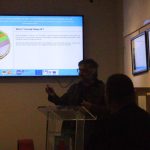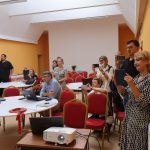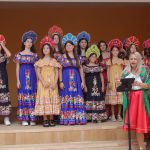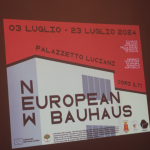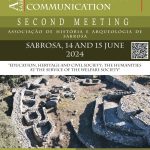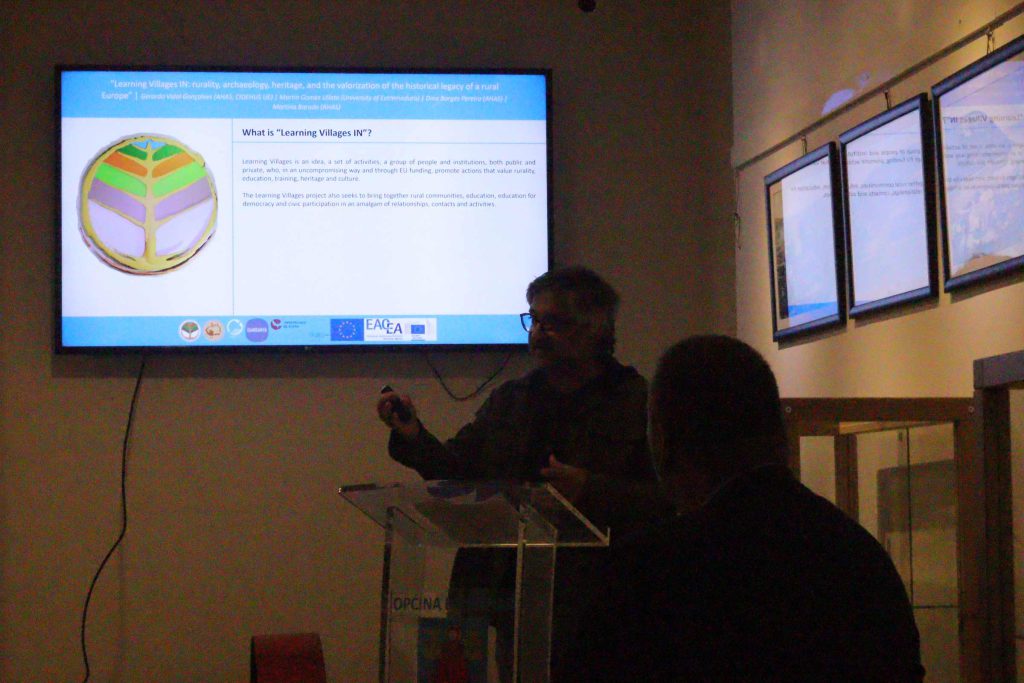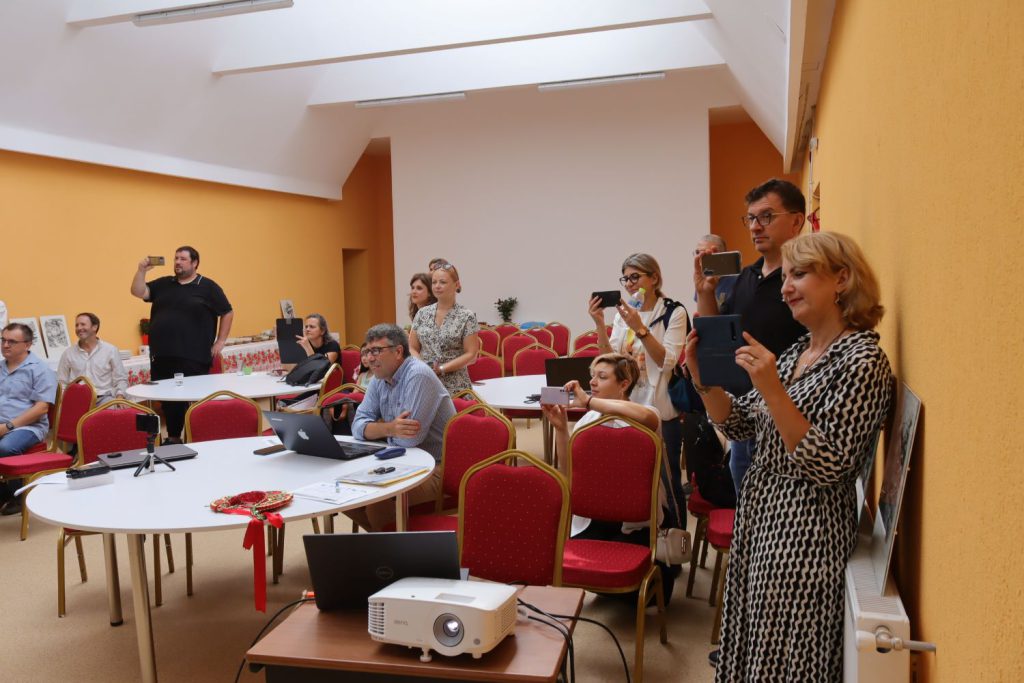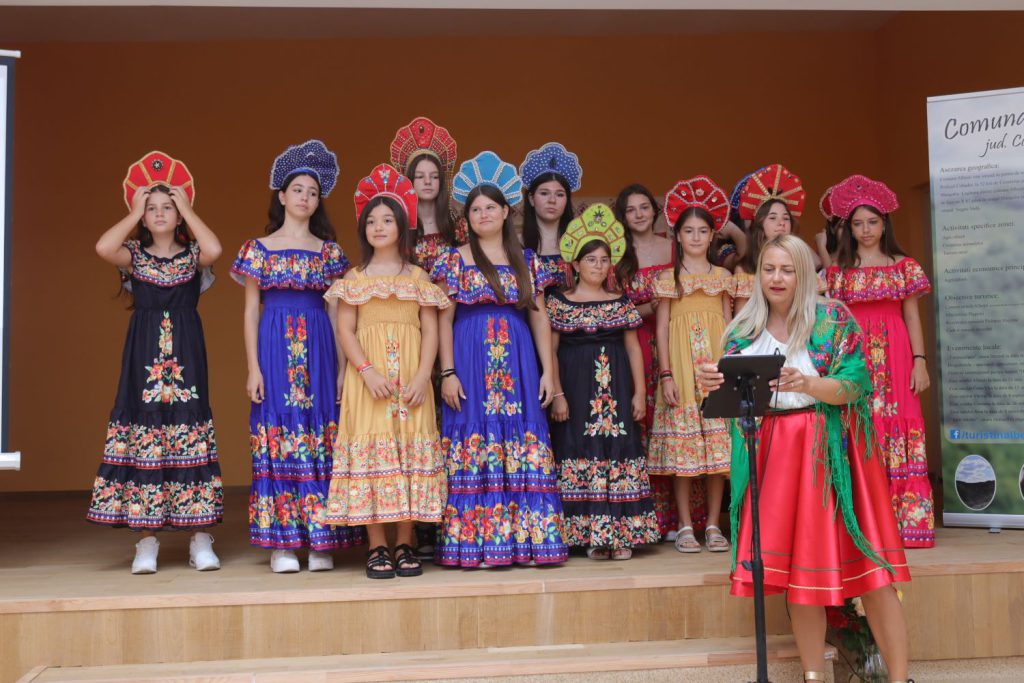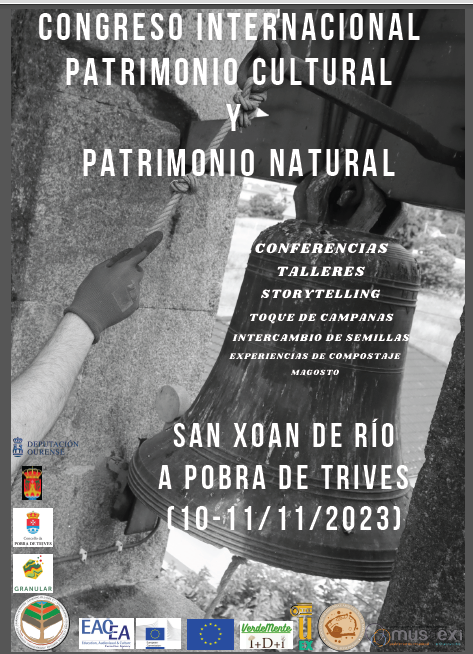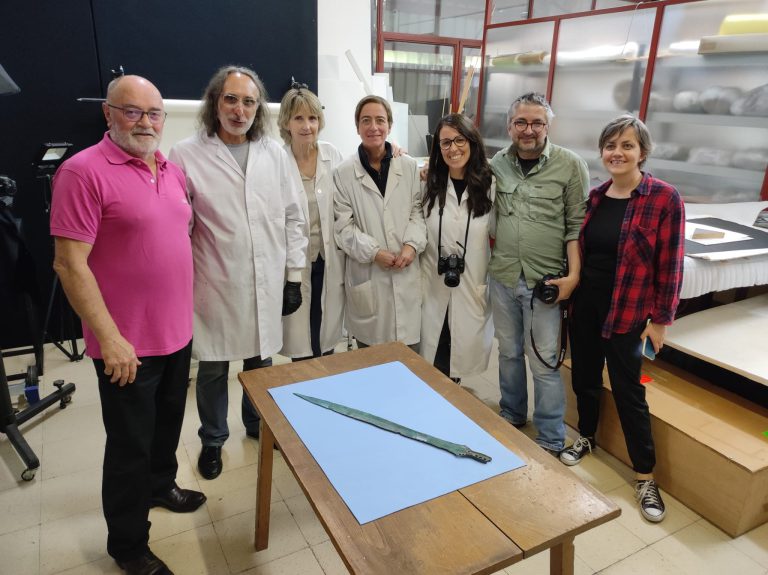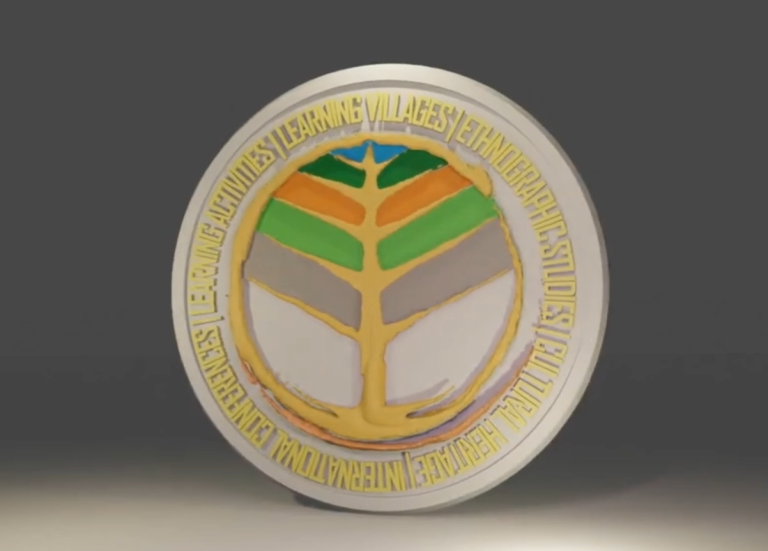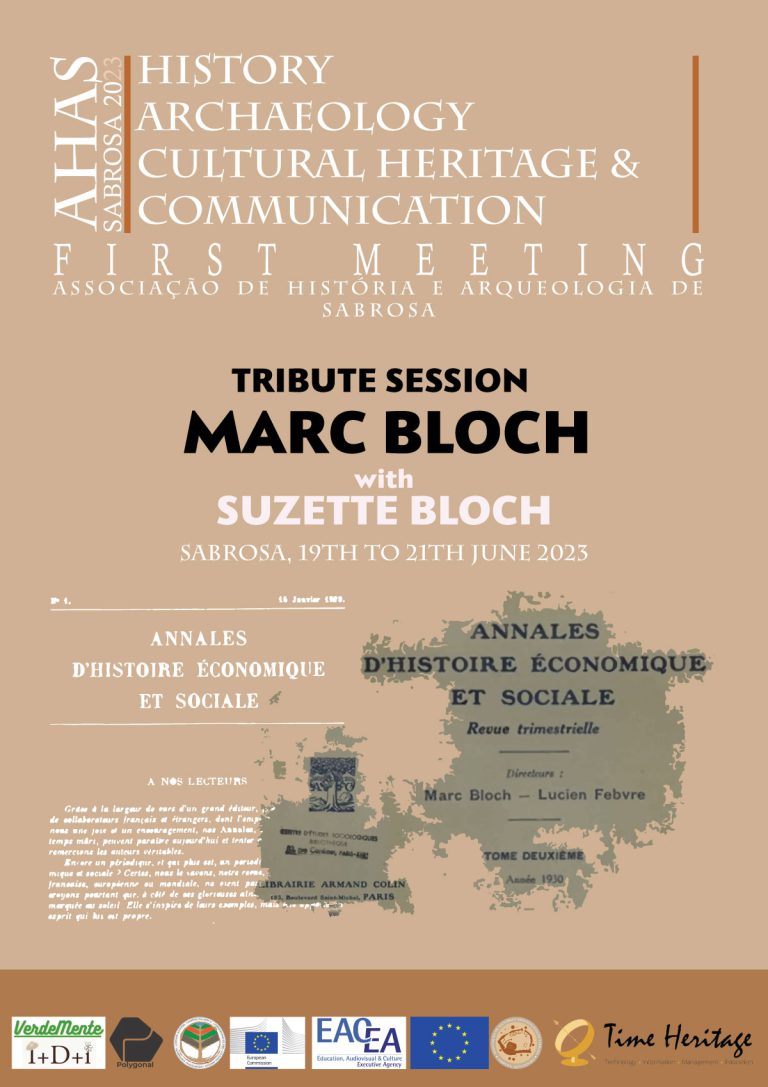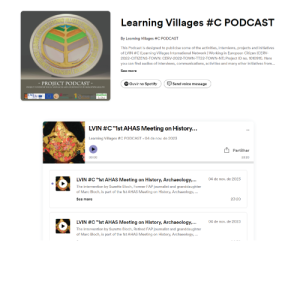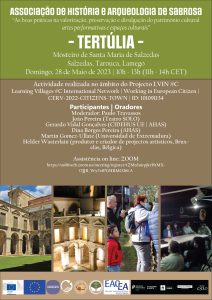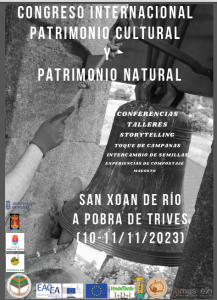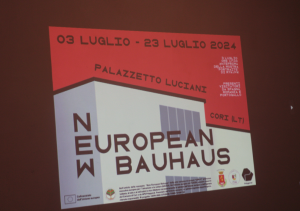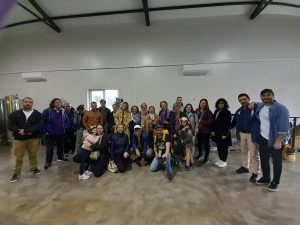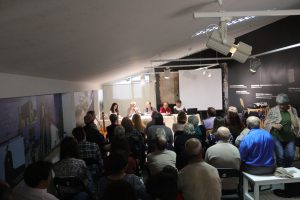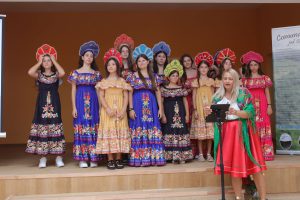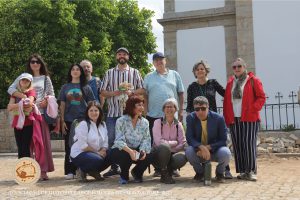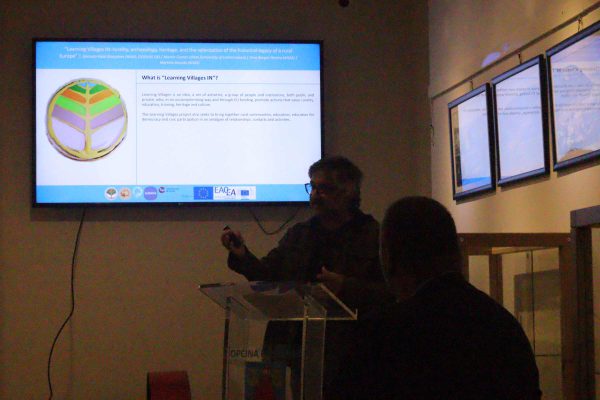
Lvin #C presentation in Kanfanar, in the Istria region, Croatia, a future Learning Village
Kanfanar is a small village located in the Istria region, in western Croatia. Although it is a quiet locality, it has a rich historical and cultural heritage. The area is known for its ancient ruins, such as those of Dvigrad, a medieval town that was abandoned and is now a significant tourist attraction. Kanfanar is…
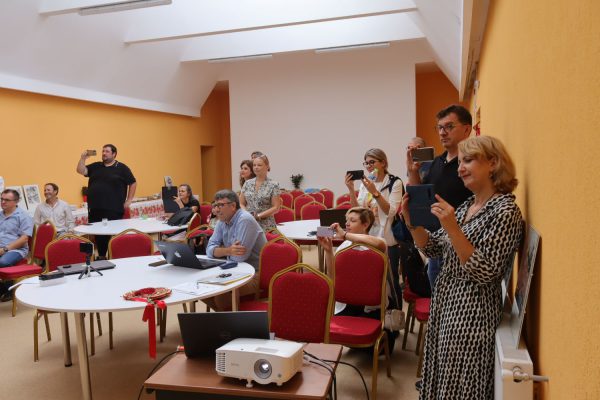
European conference on village resilience, 1st edition, Albești Village, Constanța county, September 11, 2024
The LVIN#C project of the International Learning Villages Network, co-financed by the European Union program CERV – Citizens, Equality, Rights and Values, aims at experience sharing between rural-based organizations from the European Union, either local authorities, education units or non-governmental organizations. The Conference on village resilience is an opportunity to exchange expertise and share experiences…
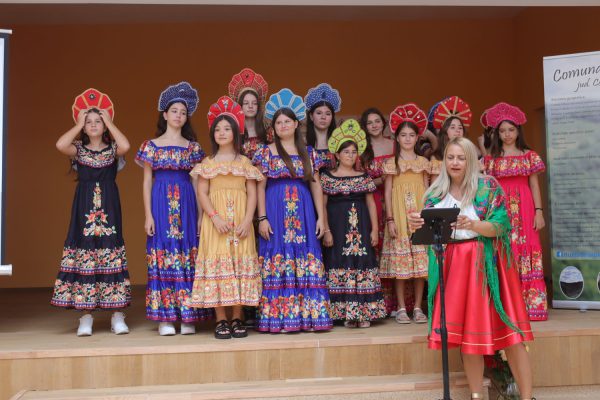
LVIN#C Meeting Albesști Village, Constanța County, România 9-13 September 2024
Monday 9 September Meeting point: Albești “Ion Creangă” School | https://maps.app.goo.gl/oGGaT6zwWRTvvZWR6 14.30 – 15.30 | Getting to know the community; visits to Albești ancient ruins fortress (very small archeological site) – Walk uphill (appropriate field shoes, hat) 15.30 – 16.00 | Late snack lunch Tuesday 10 September Meeting point: Vârtop Village Cultural House (Albești Community)…
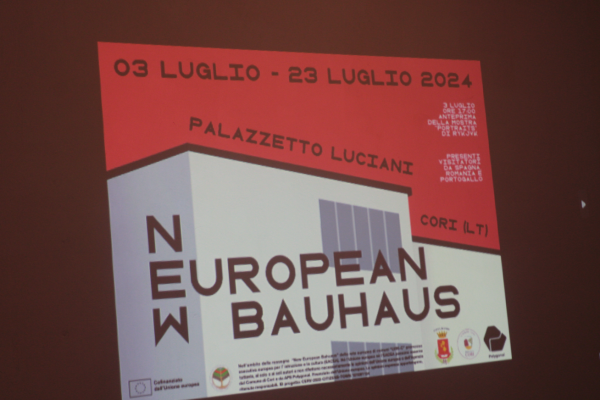
LVIN #C Internacional Meeting in Cori, Italy, Community Maps and Oral Memory
The LVIN #C project organized an international meeting in Cori, Italy, in July 2024, focused on community maps and oral memory, from July 1 to 5, 2024. On July 1, the following activities took place: Get to know each other and topics introduction. LVIN-C Project Presentation and Summary; LVIN: overview of the project; Community Maps…
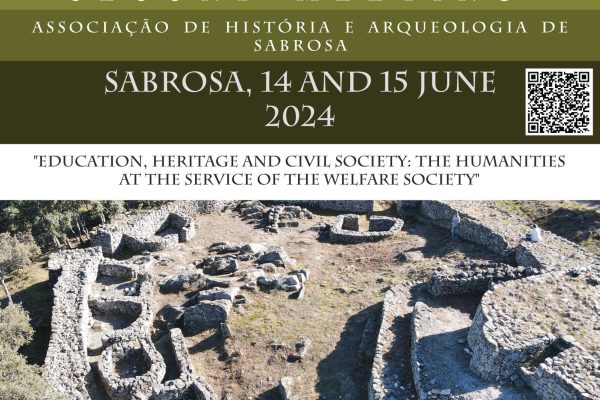
LVIN #C International Meeting Week in Sabrosa: 2nd Meeting of History, Archaeology, Cultural Heritage, and Communication of AHAS
2nd Meeting of History, Archaeology, Cultural Heritage, and Communication of AHAS As part of the activities of AHAS and the Sabrosa Municipality, and in the context of the LVIN #C project and the International Week of LVIN #Cm, the 2nd Meeting of History, Archaeology, Cultural Heritage, and Communication of AHAS will take place in Sabrosa…
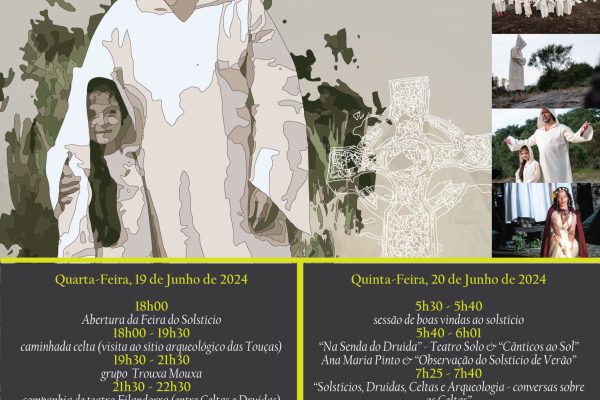
Sabrosa: International Meeting of the LVIN #C Project June, 19 & 20, 2024 Summer Solstice Festival
Sabrosa: International Meeting of the LVIN #C Project June, 19 & 20, 2024 | Summer Solstice Festival in LVIN #C (society, social cohesion, cultural heritage and rurality through performing arts and archaeology) On June 19 and 20, 2024, as part of the international week of the LVIN #C project, the Summer Solstice Festival will take place…
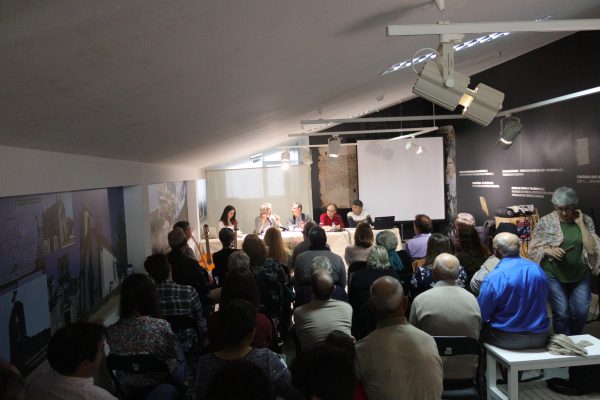
International Conference on Active European Citizenship and Participatory Democracy: music for democracy: art and protest in totalitarian states… intervention music, protest song, Portugal & Spain
On last Saturday, April 20, 2024, the “International Conference on Active European Citizenship and Participatory Democracy: music for democracy: art and protest in totalitarian states… intervention music, protest song, Portugal & Spain” took place as part of the LVIN #C project. The event saw the participation of various project partners (Verdemente, UNEX, etc). As part…
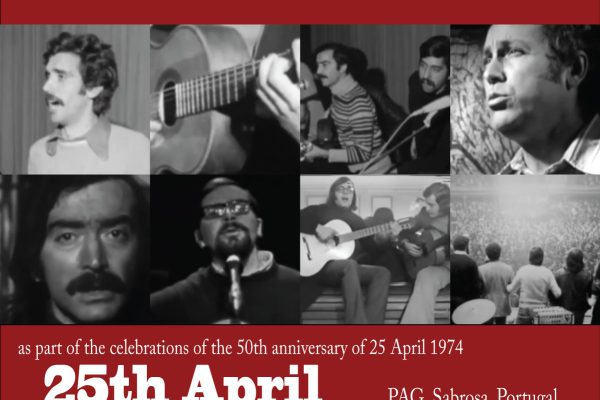
International Conference on Active European Citizenship and Participatory Democracy | “music for democracy: art and protest in totalitarian states…”intervention music, protest songs, Portugal & Spain”
International Conference on Active European Citizenship and Participatory Democracy | “music for democracy: art and protest in totalitarian states…”intervention music, protest songs, Portugal & Spain” The so-called “Revolutionary Period” in Portugal, in the context of the end of the dictatorship, the end of the so-called “Estado Novo”, liberated not only society and the country from…
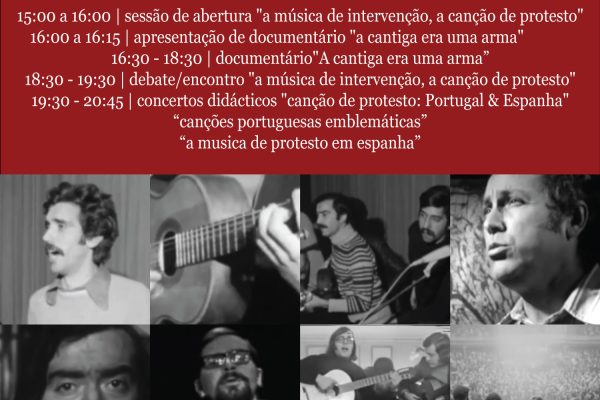
LVIN #C Event/Convening “intervention music, protest songs … Portugal & Spain”
The so-called “Revolutionary Period” in Portugal, in the context of the end of the dictatorship, the end of the so-called “Estado Novo”, liberated not only society and the country from physical oppression but also from literary, philosophical, musical, social, religious and economic oppression. In fact, things went well and some went less well, naturally due…

